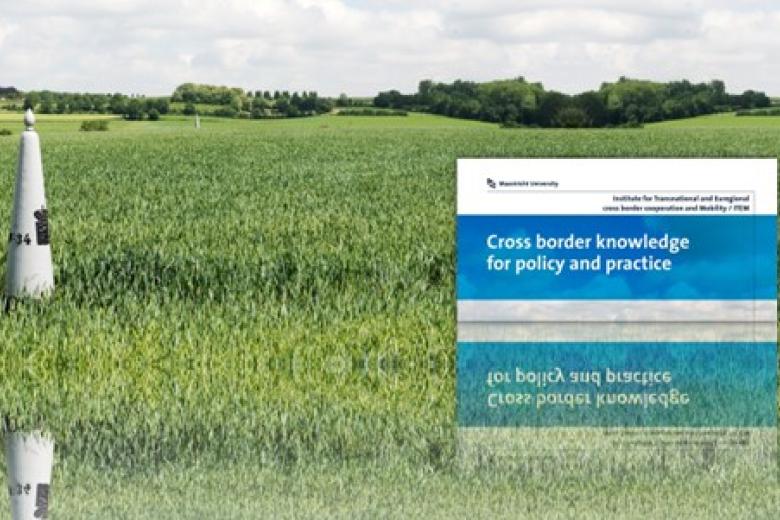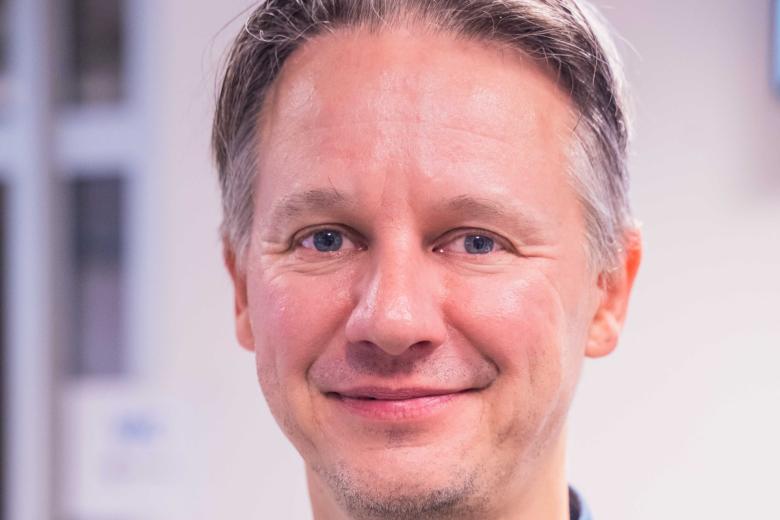Death in denial. A study into the Dutch system of postmortem investigation
Supervisor: Prof. Mr. Dr. W.L.J.M. Duijst-Heesters
Co-supervisor: Prof. Dr. J. Van der Velden
Keywords: Forensic medicine; postmortem investigations; article 2 of ECHR; death
Recent reports on forensic medicine in the Netherlands highlight the need for significant improvements in postmortem investigations. Concerns have been raised about the effectiveness of the Dutch system, which relies on the distinction between 'natural' and 'non-natural' deaths, often leading to ambiguity and errors in classification. The system places a significant burden on attending physicians, many of whom lack sufficient legal knowledge and consistency in conducting external postmortem examinations. A survey revealed that only about 20% of physicians feel competent, possess the necessary legal knowledge, and act consistently. Furthermore, studies show that only 6.7% of death certificates are completed correctly. This thesis questions the adequacy of the Dutch system, arguing that it may not meet the criteria set by the European Convention on Human Rights for an effective postmortem investigation.
Also read
-
ITEM continues: Advancing cross-border cooperation and impact
ITEM enters new phase within UM Faculty of Law from 2025.

-
IGIR seminar series
The IGIR seminar series will be launched after the Summer break. Our aim is to offer a nice and friendly environment for staff members and visiting researchers to present their ongoing research.

-
Inaugural lecture Jan Willem van Prooijen
What drives people to embrace radical conspiracy theories, sometimes with far-reaching consequences for society? During his inaugural lecture on Friday 27 June, Prof. Dr. Jan Willem van Prooijen (radicalisation, extremism, and conspiracy thinking) will address this urgent question.
